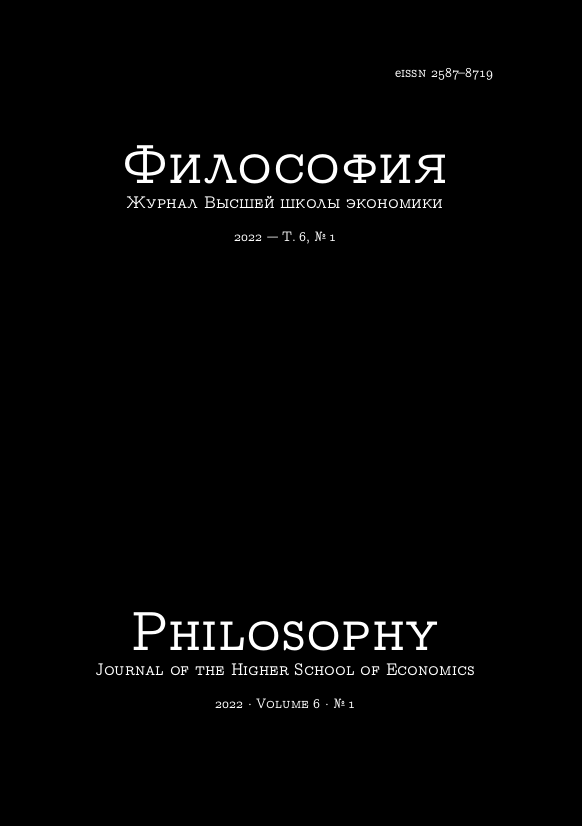In Disputes Over the Marxist Concept of Russian History
Between the Autonomy of the State and the NEP (1st Half of the 1920s)
Abstract
Russian Marxism turned rather late to constructing of its concepts of the Russian historical process and/or attempts to give a coherent interpretation of the history of the Russian Empire/Russian people/peoples of the Eastern European Plain. The Bolsheviks, who came to power in late 1917 and from the middle of 1918, increasingly determined to claim if not the fullness of ideological control, then intellectual hegemony, did not have their historiography of “Russian history”. The situation between 1918 and the early 1920s was a confrontation between “Marxist” in the broad sense of the term and “non-Marxist” concepts and approaches. The “Marxist” historiography by the early 1920s was represented by three approaches associated with the names of G.V. Plekhanov, N.A. Rozhkov and M.N. Pokrovsky. Rozhkov's historical constructions initially fell by the wayside in historical discussions; the real confrontation within Marxist-historians was reduced to a confrontation between the versions of the historical process proposed by G.V. Plekhanov and M.N. Pokrovsky in the 1910s. In this article, we analyze the different levels of this confrontation, from topical political implications, such as attitudes to the state and the question of “defence”, to epistemological assumptions, the understanding of “science”, the place of “historical facts” and the role of interpretation. At the same time, both G.V. Plekhanov's concept (and L.D. Trotsky's related, though politically opposed, interpretation of Russian history) and M.N. Pokrovsky's concept are closely linked to the “school of Klyuchevsky” and carry not only an explicit, but, even more significant, largely implicit and unproblematized heritage of both the Klyuchevsky historical scheme and, in turn, the “state school” that lies at its base. M.N. Pokrovsky's criticism of this legacy from his opponents was purposeful, but implicitly for him, it conditioned his interpretation of the very object of historical consideration. The “historical synthesis” of “high Stalinism” of the late 1930s–1950s, the union of the “red professors” and the successors of pre-revolutionary schools of historiography, especially the Moscow and Petersburg universities, was facilitated not only by the elaboration of the dogmatic foundation of historical materialism in “Brief Course...” by the late 1930s but also by the real community of conceptual foundations going back to the “Klyuchevskii school” and the “state school” of Russian historiography.
Downloads
Copyright (c) 2022 Philosophy. Journal of the Higher School of Economics

This work is licensed under a Creative Commons Attribution-NonCommercial 4.0 International License.






